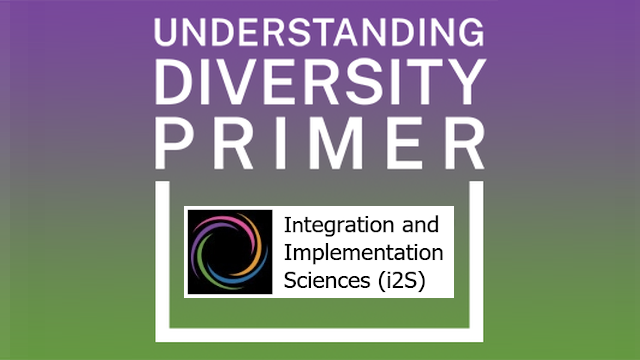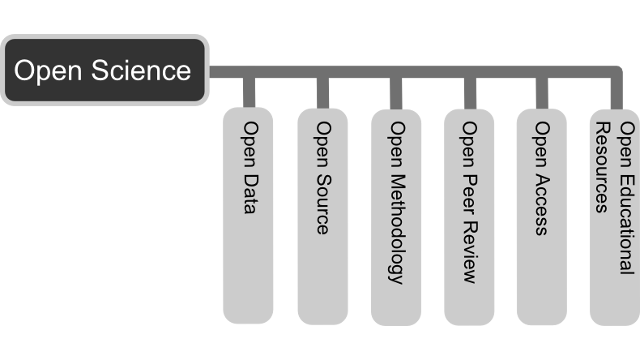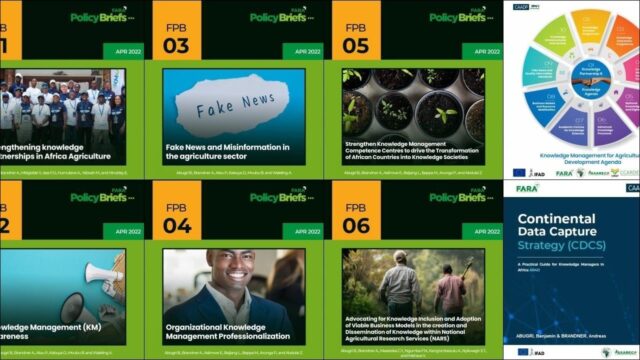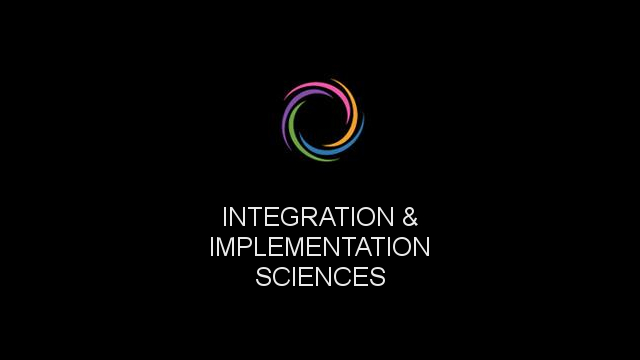
Understanding Diversity Primer – Integration and Implementation Insights
As we’ve highlighted in numerous RealKM Magazine articles, diversity is a very important aspect of knowledge management (KM).
Professor of Integration and Implementation Sciences (i2S) Gabriele Bammer advises that:
Diversity is critical for:
- developing a more comprehensive understanding of any complex problem, both what is known and what is not known
- providing a greater range of ideas about addressing the problem, including what may and may not work
- providing deeper and more effective insights into how … research can support policy and/or practice action to address the problem by government, business and civil society.
The point is not to seek to develop fully comprehensive understanding or a perfect solution – both of which are impossible – but to use an understanding of diversity to find untapped knowledge, new insightful questions and fresh ideas, so that better ways of addressing the societal or environmental problem can be found and implemented.
On the other hand, increasing diversity generally makes it more challenging for those contributing to … work together, as more time, effort and expertise need to go into identifying and recruiting relevant perspectives, building understanding across perspectives, developing trust, and dealing with inevitable misalignments, irritations and disagreements.
Because of the importance of diversity and the need to be able to effectively address these challenges, Professor Bammer has provided an Understanding Diversity Primer in a series of ten posts on the Integration and Implementation Insights blog.
While the Understanding Diversity Primer is aimed primarily at researchers, many of the valuable insights in the series are also relevant to knowledge managers. Presenting the primer series in blog post format has also facilitated comments on each post, providing the opportunity for additional insights and learning.
The ten blog posts are:
- Why diversity?
- Mental models
- Perceptions of good research
- Power
- Values
- Interests
- Culture
- Personality
- Team roles
- Advanced considerations.
Biography
 |
Gabriele Bammer PhD is Professor of Integration and Implementation Sciences (i2S) at the National Centre for Epidemiology and Population Health at The Australian National University in Canberra. i2S provides theory and methods for tackling complex societal and environmental problems, especially for synthesis of disciplinary and stakeholder knowledge, understanding and managing diverse unknowns, and providing integrated research support for policy and practice change. She is also a member of blog partner PopulationHealthXchange. |







Hi good morning team KM…..Am enjoying every bit of Knowledge management